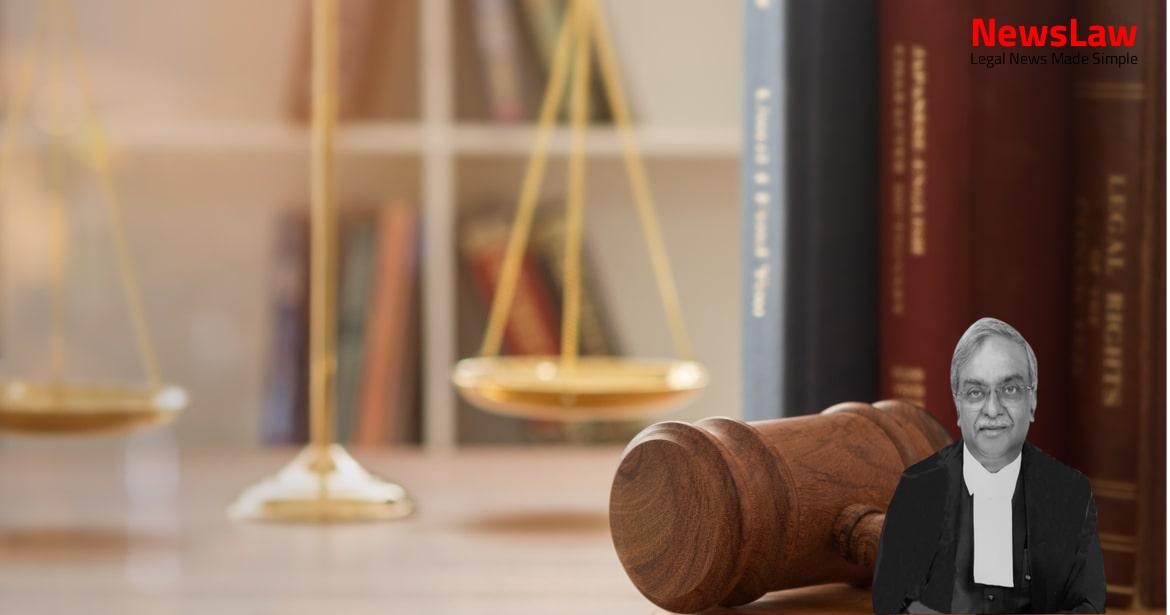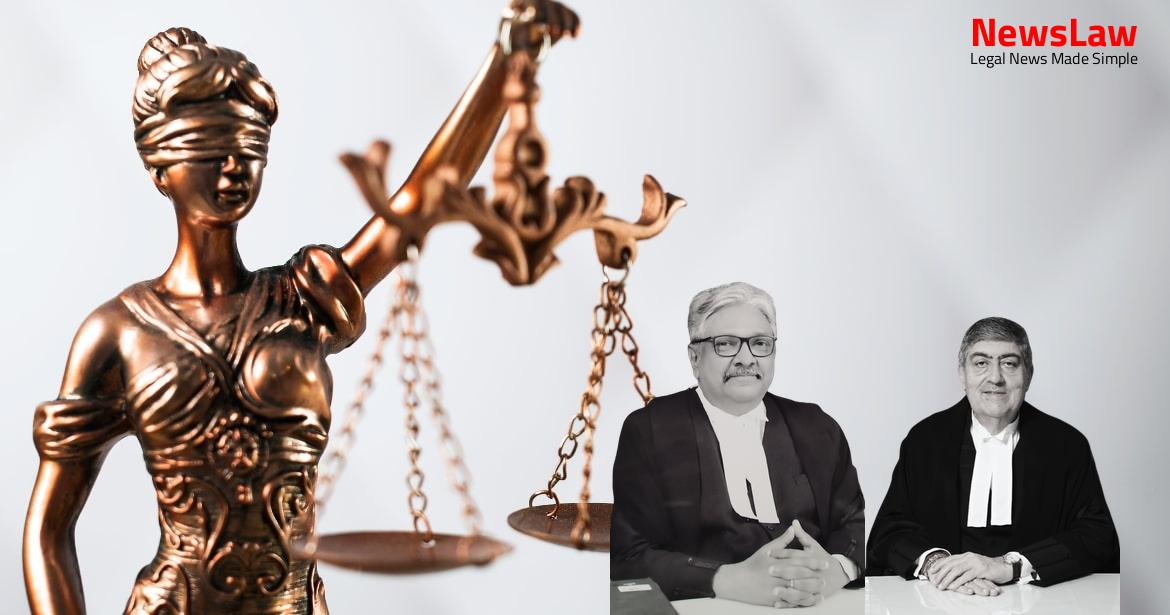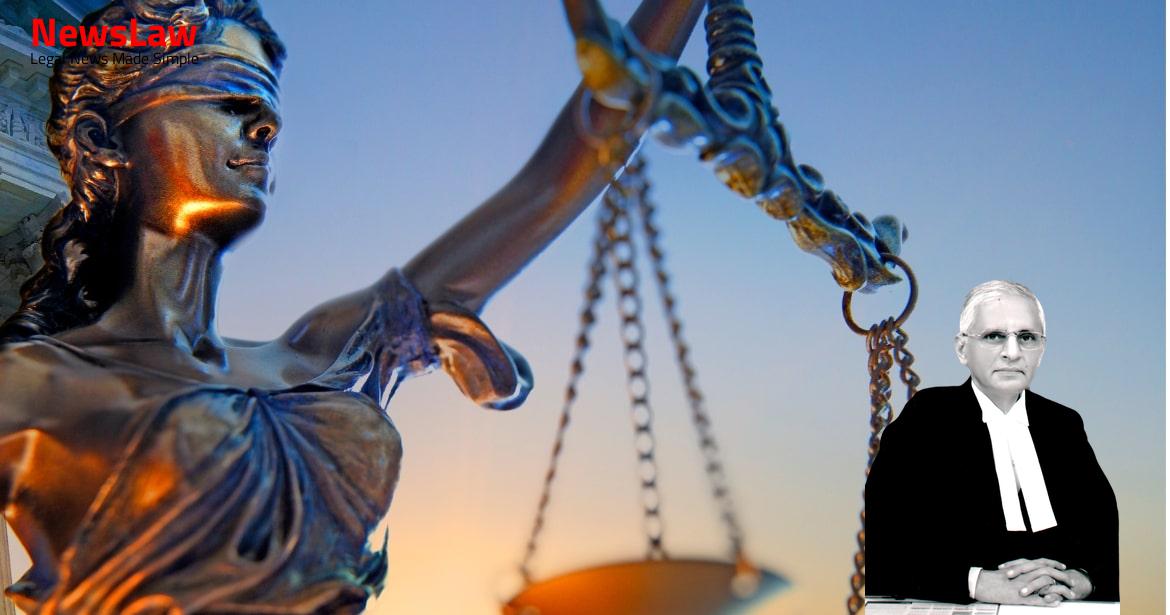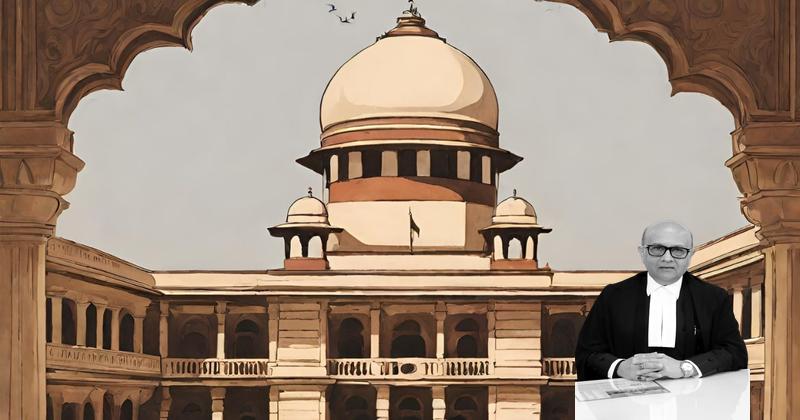The Supreme Court recently issued a crucial judgment regarding the levy of Border Tax/Authorization Fee. The case involved various state governments and transporters challenging the imposition of such fees. The judgment highlights the complexities surrounding the taxation on tourist vehicles and aims to ensure fair revenue-sharing and seamless movement across state borders. Learn more about this significant ruling and its impact on the taxation framework in India.
Facts
- The State Governments have been realizing Border Tax/Authorization Fee despite vehicles already paying requisite tax/fee under the Rules, 2023.
- Challenges to such demands include double taxation, lack of legal authority, violation of Rules, 2023, and other grounds.
- States argue their competence to levy taxes under state rules framed under Entries 56 & 57 of List II of the Constitution.
- Some cases also challenge the All-India Tourists Vehicles (Authorisation of Permit) Rules, 2021 and Motor Vehicles Act, 1988.
- Some petitioners seek refund of Border Tax/ Authorization Fee already paid to State Authorities.
- Interim relief granted restraining States from further realization of Border Tax/Authorization Fee.
- Rules, 2023 superseded All-India Tourists Vehicles (Authorization/Permit) Rules, 2021.
- Aims of Rules, 2023 include seamless movement of tourist vehicles across states and fair revenue sharing between Centre and States.
- Transporters face difficulties and harassment at state borders due to repeated demands for Border Tax/Authorization Fee.
Also Read: Interpretation of Drawer Liability: Company vs. Authorized Signatory
Arguments
- Petitioners should have approached the respective High Courts under Article 226 of the Constitution instead of approaching the Supreme Court under Article 32.
- State Acts/Rules levying the tax have not been challenged in the petition.
- The petitions should be dismissed on these grounds.
Also Read: Land Ownership Dispute: Validity of Sale Deed between Appellant No.1 and Respondent No.1
Analysis
- The court is not inclined to go into the merits of the matter at this stage.
- The fundamental question to be decided is whether levy and realization of taxes by the respective states is covered by the Act and Rules framed by the respective States under Entries 56 & 57 of List II of Schedule VII of the Constitution.
- There are three categories of petitions with a common relief claimed related to the levy and collection of Border Tax/Authorization Fee.
- Petitioners should have first approached their jurisdictional High Courts to challenge State enactments
- Petitions disposed of without interfering with demands raised by State Governments
- Petitioners given liberty to approach jurisdictional High Courts for reliefs
- State enactments, rules, and regulations not under challenge
- Demand of Border Tax/Authorization Fee by State Governments not deemed bad under law
- For petitioners to succeed, they must consider challenging State provisions in the Act
Decision
- Court has not examined the merits of the matter in WRIT PETITION (CIVIL) NO.864 OF 2022 ETC.ETC.
- Tax already recovered will be subject to final outcome of the petitions that may be filed before the High Courts.
- Petitioners must give undertakings before the High Courts to make good on demands if they fail and for the period for which the stay has been enjoyed.
Case Title: MUTHYALA SUNIL KUMAR Vs. UNION OF INDIA (2024 INSC 499)
Case Number: W.P.(C) No.-000864 – 2022



